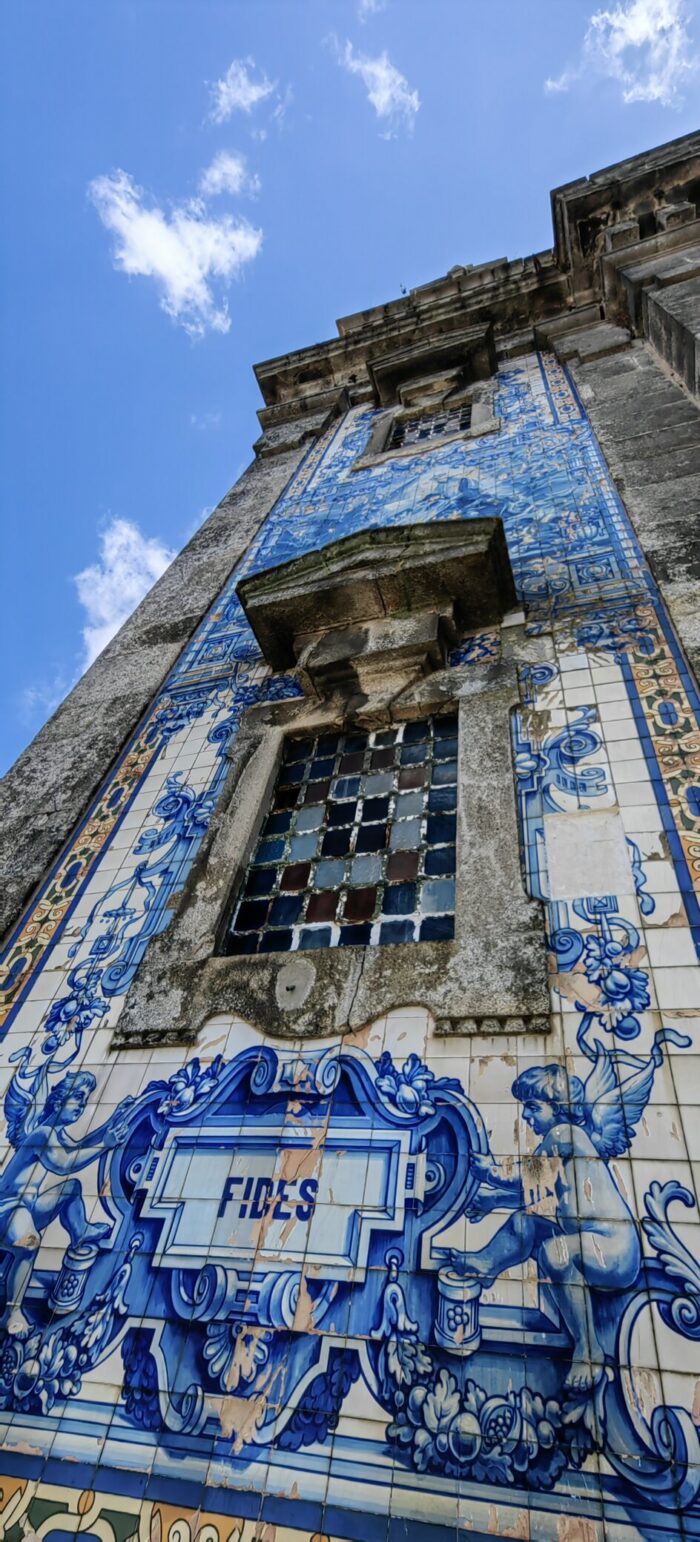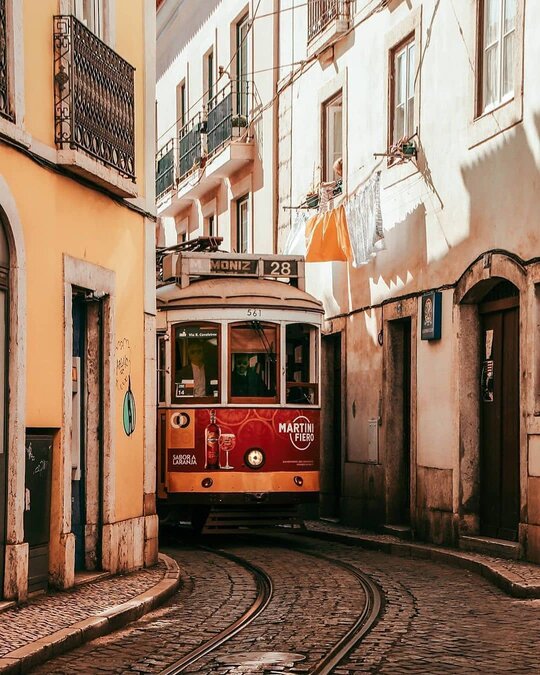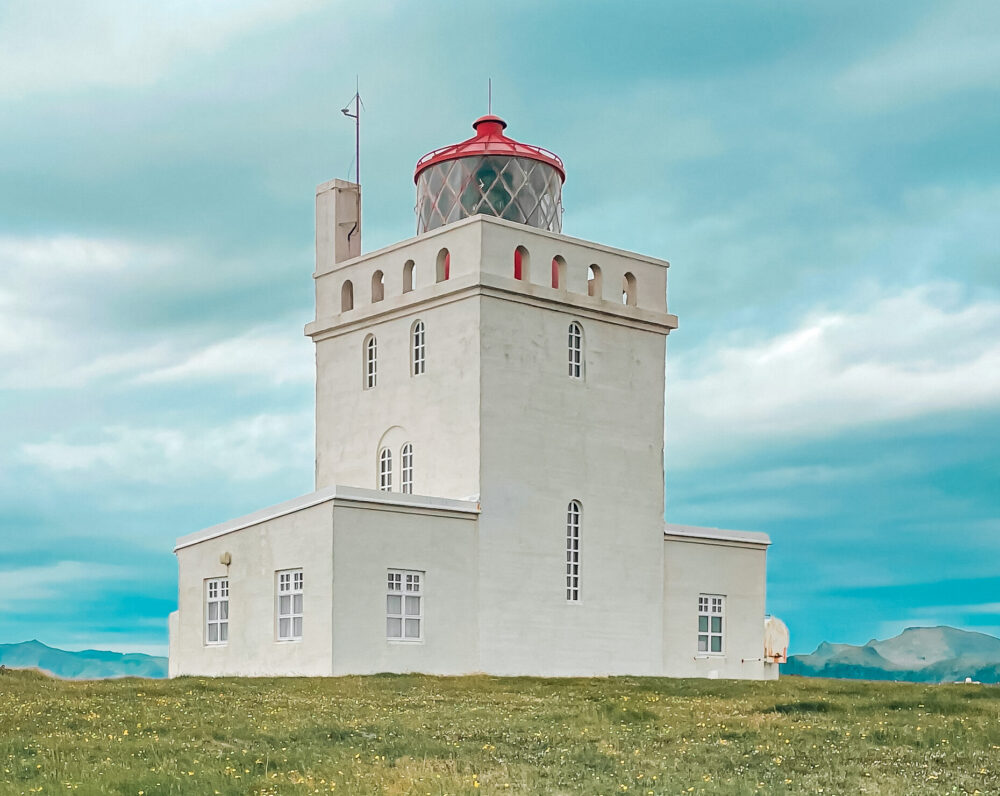With travel becoming more difficult with the global uncertainty, people are increasingly opting instead for vacations spent at resorts. It’s seen as safer, more convenient, and easier to plan. Unfortunately, many resorts are destructive both environmentally and socially. They often destroy local ecosystems to expand their operations, and push local indigenous people and local residents off their land. It can be a tricky thing to navigate, if you want to find a resort worth supporting.
That said, there are plenty of resorts in the world that are doing good, and offer amazing ways to connect with nature in an ethical way. It’s so important to get behind places like this, so if you do plan on participating in resort travel, make sure to check out their practices. If you don’t know where to start, read on. Here are the top 10 eco-resorts in the world:
Secret Bay, Dominica
Located in the Caribbean, this idyllic spot is world famous for its sustainability initiatives. The resort is Green Globe Certified, and even their cleaning procedures are done as low-waste as possible. Resort-wide they have a “Zero Waste policy,” which includes efforts such as composting, avoiding plastic, growing their own food, and putting in a Culligan Water Filtration System at each villa to discourage single use plastics. They also employ people from local communities, buy produce locally that they don’t grow themselves, and is known for being an “anti-all-inclusive” resort—meaning that they encourage guests to interact with local businesses and experiences, rather than monopolizing the profit themselves. Total, they support “60 stakeholders, including taxi drivers, guides, yoga teachers, farmers… whose primary income is from the resort”—a true rarity in the business. On top of it all, the resort itself was not built with heavy, pollutant machinery. It was made entirely by hand, and each villa was chosen consciously to avoid unnecessary clearing of trees. The resort has even applied to make their waters a marine reserve!

Photo courtesy of Secret Bay
Overall, this is a stunning, tropical paradise of a resort that prioritizes not only the local ecosystem—but the people who rely on it.
Garonga, South Africa
If you’ve ever dreamed of going on a safari, but aren’t sure how to do so in an ethical way, Garonga is your place. This reserve resort in southern Africa leads slow safaris- in other words, guides don’t get in the animals’ personal space, rush them, or harm them. The resort also prides itself on its sustainability efforts, and they really do go above and beyond. They keep track of all of their waste, and use it to track their carbon impact. They also use solar energy, keep track of their water usage, use a circular water system, and use only dead trees for fire wood. They are also heavily involved in conservation efforts—especially that of the local rhinos. Guests are educated about the local wildlife, and are given a chance to mindfully enjoy the beauty of the reserve.
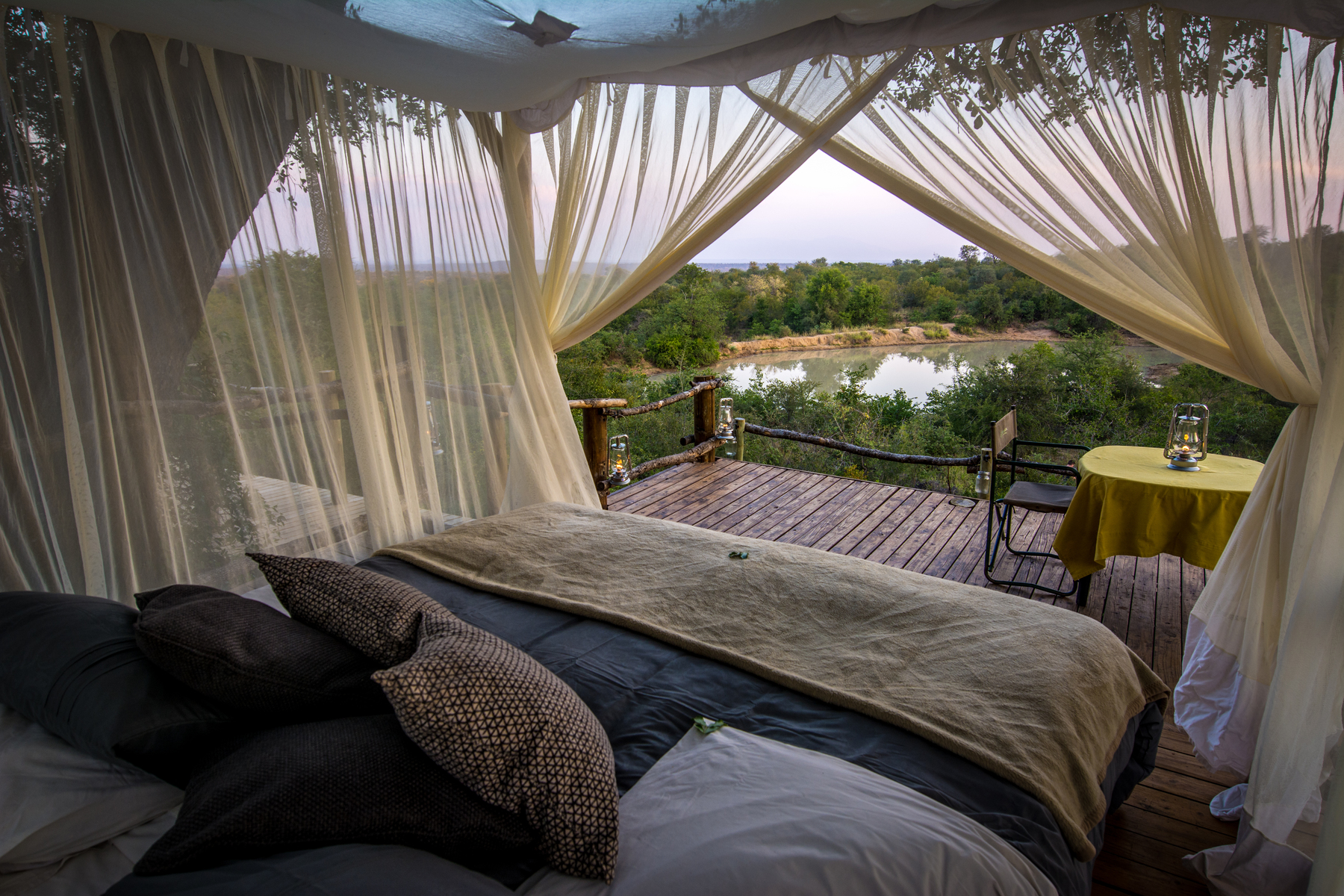
Photo courtesy of Garonga
Lagen Island of El Nido Resorts, Philippines
Part of a chain of mini eco-resorts in Palawan, Lagen Island sits on an eco-sanctuary island. It faces the sparkling blue ocean, backed against a four hectare tropical forest. It’s a picturesque escape for anyone who wants to reconnect with nature, and those who might love sea kayaking and jungle hikes. The resort itself is built with repurposed wood from old houses nearby, and they are extremely transparent about their practices on their website. They participate in a variety of important sustainability practices, including keeping sewage from reaching the sea, composting organic waste, installing rainwater catchment systems, using desalination to save fresh water, extensive energy conservation practices, beach cleanups, and monitoring local wildlife. They also encourage guests to participate in nature-focused activities that don’t cause harm or need extensive resources to participate in, and they hire locals to provide work. They don’t miss a beat.
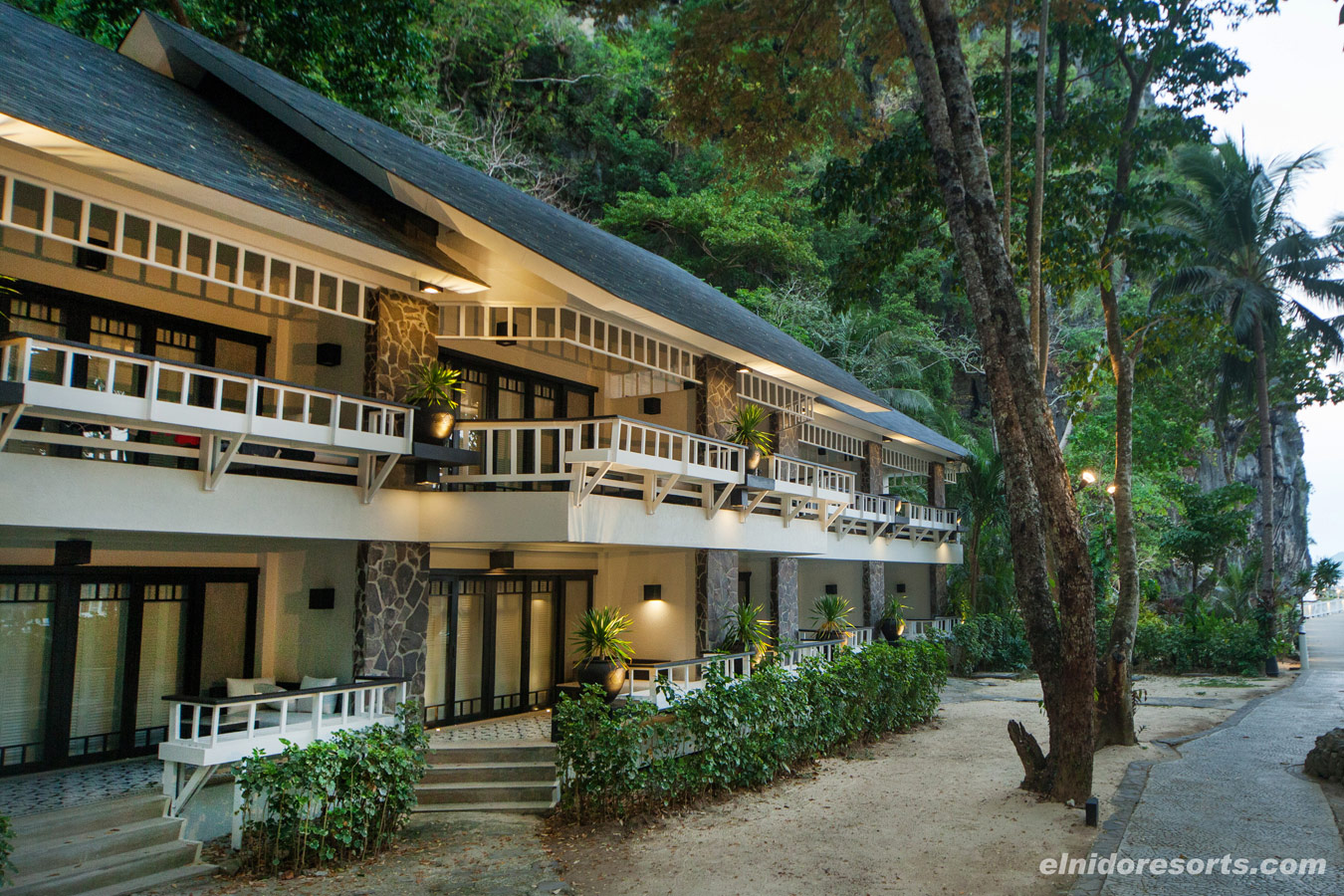
Photo courtesy of El Nido Resorts
Pacuare Lodge, Costa Rica
This wilderness lodge was built without clearing any trees for their bungalows and main lodge. Any lumber used is bought from local farmers who are doing a reforestation project, and the thatch roofs were made by local Cabécar people using palms from the reserve the lodge sits on. They have purchased over 800 acres of land to offset any carbon emitted by their vehicles and to protect for preservation purposes. The shower water is solar heated, the soaps are biodegradable, and their wastewater system helps to avoid pollution of the river. When it comes to electricity, they opt for lanterns when possible, but otherwise use a turbine they power via stream. They’re also extremely involved in the local community, with all of their staff coming from the locality, and 95% of their rafting guides being from Turrialba—their closest city. They also donate supplies and resources to the three closest primary schools to them, and accept donations from guests that they distribute to the schools.
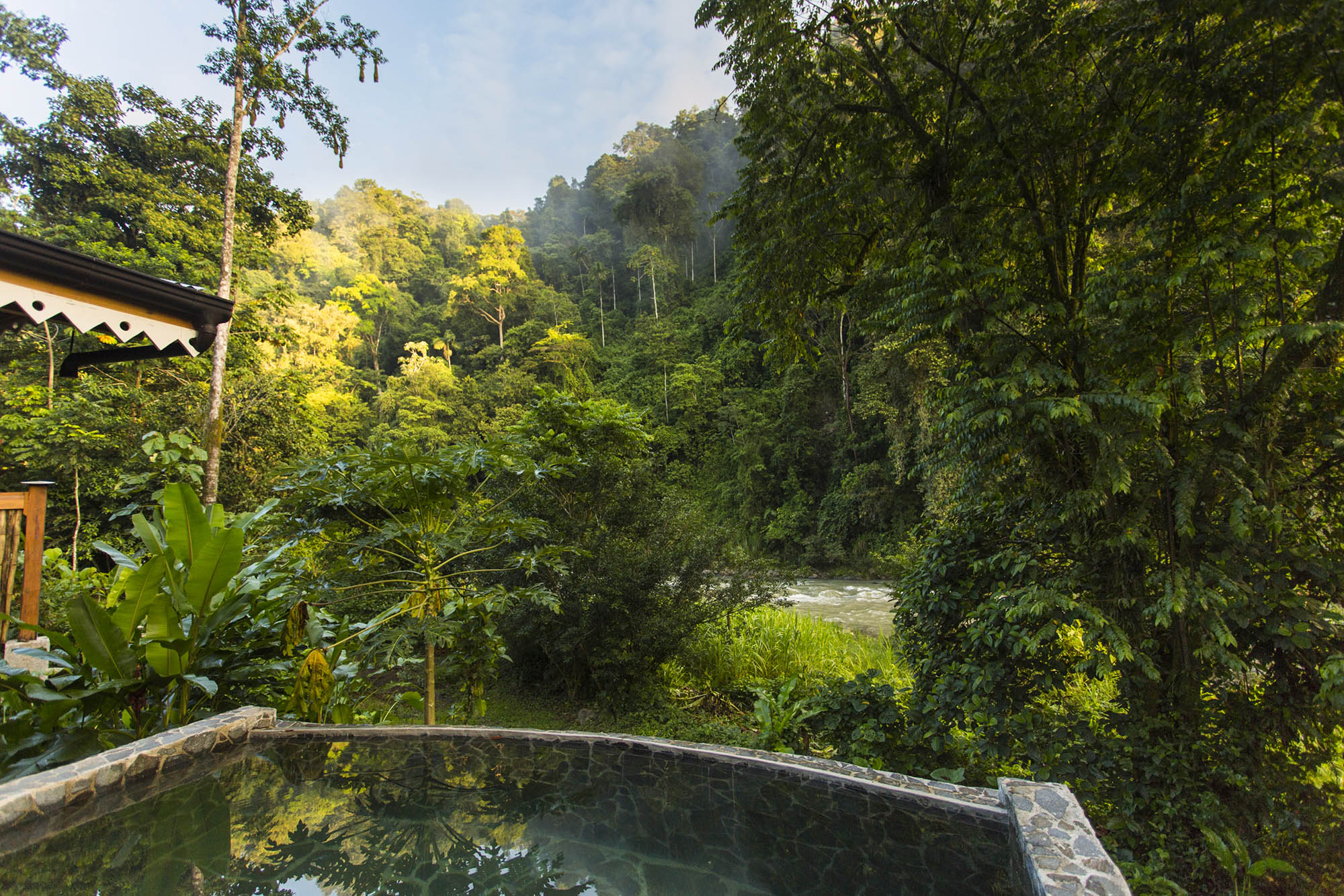
Photo courtesy of Pacuare Lodge
On top of all of the incredible sustainability initiatives, you can enjoy the lush forest all around the resort. Go on a rainforest hike, or a Cabécar-led tour of the canopy. Guests can also go birdwatching, canyoning, and rafting down the wild river. It’s paradise for those who want to escape into the tropical wilderness.
Soneva Fushi, Maldives
The Maldives has a ton of resorts, but this one may well be the most sustainable of them. 2% of all profits from stays goes towards their foundation, the Soneva Foundation, which is making big strides in local environmentalism and community responsibility. They also have been deeply invested in global sustainability initiatives for 25 years, getting involved in everything from ocean conservation to standing against insecticides. The resort operates by those principles, and most importantly, is extremely transparent about them. The Soneva Total Impact Assessment gives the qualitative data on their environmental and social impacts, and doesn’t just include direct impacts. It also accounts for indirect impacts such as guest travel—something few ever report. They also prioritize the hiring of women, propagate 50,000 corals on their resort every year, and work with a number of ocean conservation foundations (such as NGO Save Our Seas, and the Olive Ridley Project).
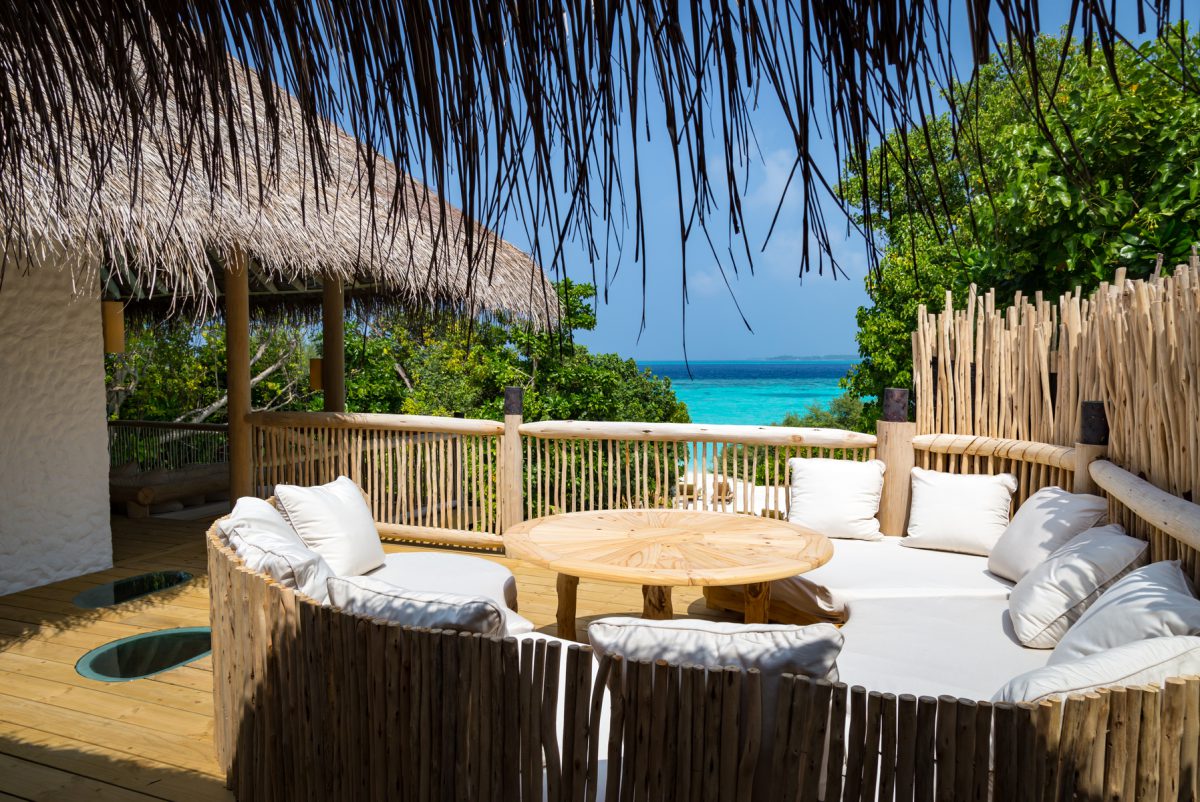
Photo courtesy of Soneva
Guests can feel assured that they are supporting an ethical resort, all while enjoying activities such as swimming with manta rays (respectfully from a distance), star gazing, gardening, zip-lining, and of course—just enjoying the sparkling seas around the island. This is a mecca for those who want to not only connect with the planet, but get some swimming time in as well.
Also by Emily: The Grounding Practice of Icelandic “Berjamór” And Why You Should Try It
Get more like this—Sign up for our daily inspirational newsletter for exclusive content!


